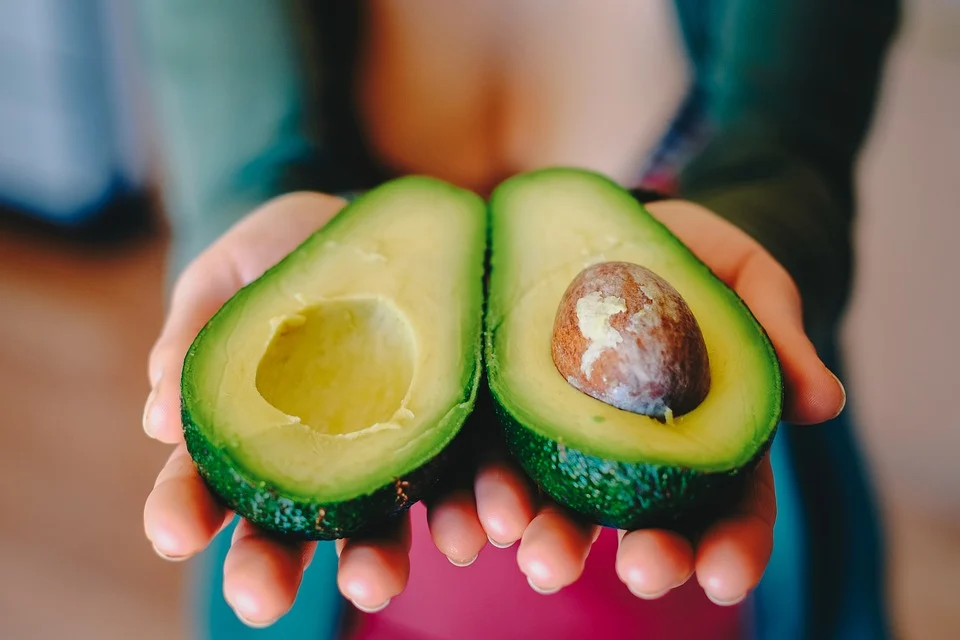Why is avocado good for you?
OVERVIEW
Avocados may have a range of health benefits, including improving digestion, decreasing the risk of depression, and protecting against cancer.
Also known as an alligator pear or butter fruit, avocados are actually a type of berry. They grow in warm climates.
Avocados provide a substantial amount of monounsaturated fatty acids and are rich in manyTrusted Source vitamins and minerals. Incorporating them into a varied, healthy diet can provide a number of benefits.
A diet that contains a variety of fruits and vegetables can provide numerous health benefits. It may, for example, reduce the risk of obesity, diabetes, heart disease, and overall mortality while promoting a healthy complexion and hair, increased energy, and weight moderation.
1. Rich in nutrients
Avocados are a source of vitamins C, E, K, and B6, as well as riboflavin, niacin, folate, pantothenic acid, magnesium, and potassium. They also provide lutein, beta carotene, and omega-3 fatty acids.
Avocados contain high levels of healthy, beneficial fats, which can help a person feel fullerTrusted Source between meals. Eating fat slows the breakdown of carbohydrates, which helps keep blood sugar levels stable.
Roughly half an avocado, or 100 grams (g), contains:
- 160 calories
- 14.7 g of fat
- 8.5 g of carbohydrates
- 6.7 g of fiber
- less than 1 g of sugar
Fat is essential for every single cell in the body. Eating healthy fats supports skin health, enhances the absorption of fat-soluble vitamins, minerals, and other nutrients, and even helps supportTrusted Source the immune system.
2. Healthy for the heart
In every 100 g of avocado there are 76 milligrams of a natural plant sterol called beta sitosterol. Regularly consuming beta sitosterol and other plant sterols may help maintain healthy cholesterol levels, which are important for heart health.
3. Great for vision
Avocados contain lutein and zeaxanthin, two phytochemicals present in eye tissue. They provide antioxidant protection to help minimize damage, including from UV light.
The monounsaturated fatty acids in avocados also support the absorption of other beneficial fat-soluble antioxidants, such as beta carotene. As a result, adding avocados to the diet may help reduce the risk of developing age-related macular degeneration.
4. May help prevent osteoporosis
Half an avocado provides approximately 18% of the daily value of vitamin K.
This nutrient is often overlooked but is essential for bone health. Taking in enough vitamin K can support bone health by increasing calcium absorption and reducing the urinary excretion of calcium.
CREDITS: https://www.medicalnewstoday.com/articles/270406#_noHeaderPrefixedContent





Comments
Post a Comment